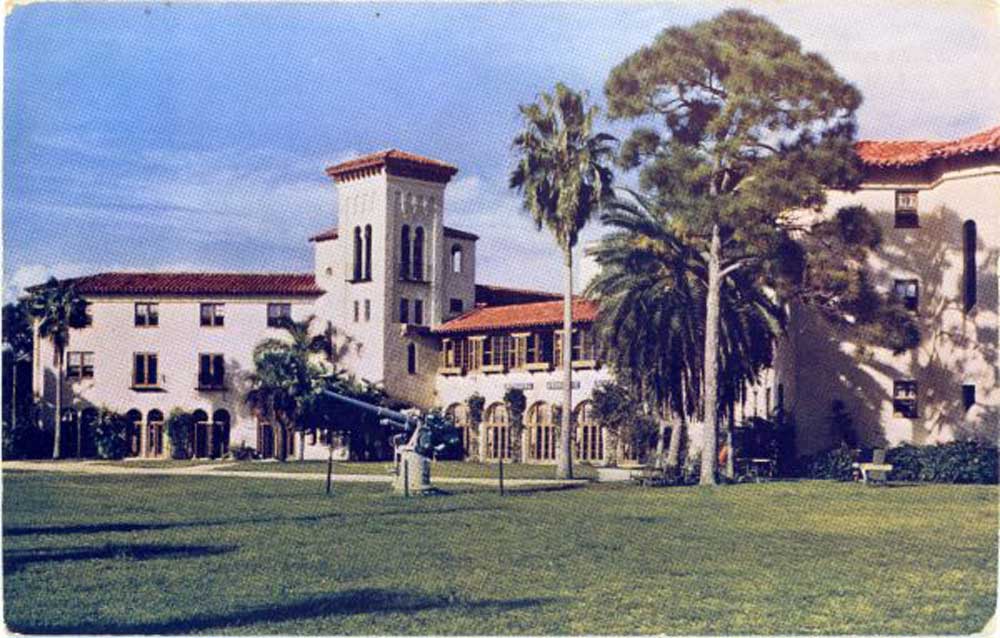
Florida House Democrats are calling for the state to make public school choice scholarship data and budget plans as the programs grow.
Reps. Fentrice Driskell, Kelly Skidmore, and Allison Tant wrote to Education Commissioner Manny Diaz Jr. and CEO of Step Up for Students Gretchen Schoenhaar asking for demographic information about students awarded scholarships, broken down by scholarship type and school district as well as the number of recipients who have never been in public school.
[A similar issue arose in Flagler County, where School Board member Colleen Conklin complained about the district’s finance administration not disclosing the local number of taxpayer vouchers diverting tax dollars from the district budget, which this year exceed $10 million. See: “How Flagler Schools’ ‘Truth in Millage’ Budget Hid $10 Million Going to Private and Home School Tuition,” “Flagler Schools Losing $10.8 Million to Pay for 1,250 Students to Attend Private, Religious or Home School” and “The “School Choice” Swindle Is Demolishing Public Schools.”)
“Parents have the right to decide what’s best for their children’s education, but they should have all the necessary information as they do so,” Driskell, whose district is in Hillsborough County, said in a Friday news release.
“Public transparency is integral to accountability. The state owes Floridians a responsibility to invest our hard-earned tax money wisely, and it’s impossible to know whether that’s happening with the limited information we have about spending within the voucher program.”
The lawmakers asked the commissioner to make public the number of new private schools that applied to accept scholarships.
+
They asked for the total expended for Florida Tax Credit scholarships, which had a cap of $1.09 billion in 2022-2023, and funding carried forward and expended by Step Up for Students and the other, smaller scholarship funding organization, AAA Scholarship Foundation, which also received the representatives’ letter.
Step Up for Students funds approximately 99% of school choice scholarships in Florida, a spokesperson told the Phoenix in August.
 The lawmakers note in their letter that approximately $3.9 billion is available for the scholarships, including the Florida Education Finance Program and Education Enrollment Stabilization Program funding, plus carryovers and tax credit contributions. Additional funding is available from sales and motor vehicle taxes.
The lawmakers note in their letter that approximately $3.9 billion is available for the scholarships, including the Florida Education Finance Program and Education Enrollment Stabilization Program funding, plus carryovers and tax credit contributions. Additional funding is available from sales and motor vehicle taxes.
“However, little is known about the characteristics of the students applying, the future budgetary consequences of these scholarships, and the likely downstream impact on public schools,” the lawmakers wrote.
Impact on public schools
The shift from public schools to private, charter, or homeschools in recent years has caused financial strain and insecurity for traditional public schools. The scholarship programs are designed for the per-student funding from the state to follow students whose parents choose education other than the public district they reside in.
Districts continue to act on plans to close schools amid the fleeing funding.
A Senate analysis showed a 46.8% increase in scholarship recipients between 2022-2023 and 2023-2024. More than a third of the 374,960 scholarship recipients in 2023-24 claimed family empowerment scholarships and another third claimed tax credit scholarships.
“In the interest of transparency,” the representatives ask Diaz to report on what might happen if scholarships exceed allocated per-district state funding, available funds from the tax credit scholarship program, and future one-time funds in the Education Enrollment Stabilization Program.
Scholarship options include Florida’s Tax Credit Scholarships and Family Empowerment Scholarships, including for those with unique abilities, both available to students who attend private schools.
The Florida Tax Credit Scholarship allows tax credits for corporate contributions to a scholarship funding organization.
In 2023, the Florida Legislature voted, and Gov. Ron DeSantis agreed, to drop financial eligibility restrictions for students applying to participate in the programs, although it prioritizes lower-income applicants.
–Jay Waagmeester, Florida Phoenix





























Deborah Coffey says
Republicans have targeted all things “government” for total destruction, except for their being in charge. Did Florida expand Medicaid? No, it is one of the 10 red states that hasn’t. Did Rick Scott put in writing in the Senate that Social Security and Medicare should come up for a vote every 5 years? He did. As governor of Florida, did he try to cut $2 billion from public schools at the very beginning of his term? Yep.
Republicans understand that the best way to control a populace is to repeat lies over and over again until they are accepted as truth and to keep that populace poorly educated and completely indoctrinated. Florida is succeeding quite well as the people living here continually vote against their own best interests and feel good about it because they’ve been told hundreds of times…it’s all Joe Biden’s and Kamala Harris’ fault.
Laurel says
At minimum, these reports should be annual, very detailed and challenged. One would think both political parties would want this information available to the tax paying public.
Also, childrens’ academic progress should be reported at least quarterly as long as the voucher system exists.
Jim says
This should be done in compliance with Florida “Sunshine” laws (I think we still have that). But Republicans will fight it because the last thing they want the public to know is how much this pet project is costing us and where that money is going. Maybe it’s all being spent to send children to fine, private schools that have accreditation and a demonstrated record of producing graduates that go on to college or into trades. Or maybe not. Wouldn’t it be nice to know?
Don’t hold your breath waiting for this information to be publicized though.